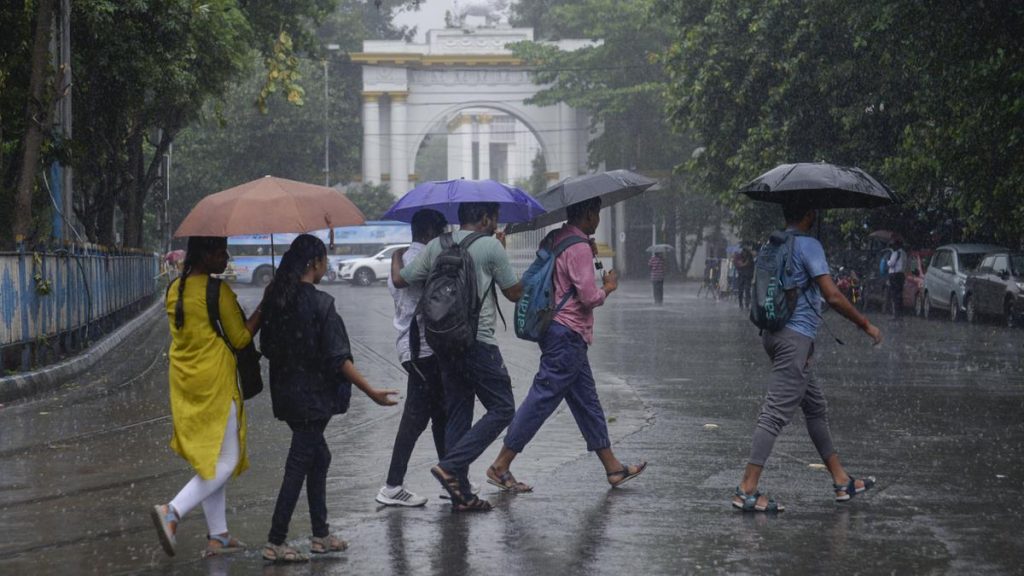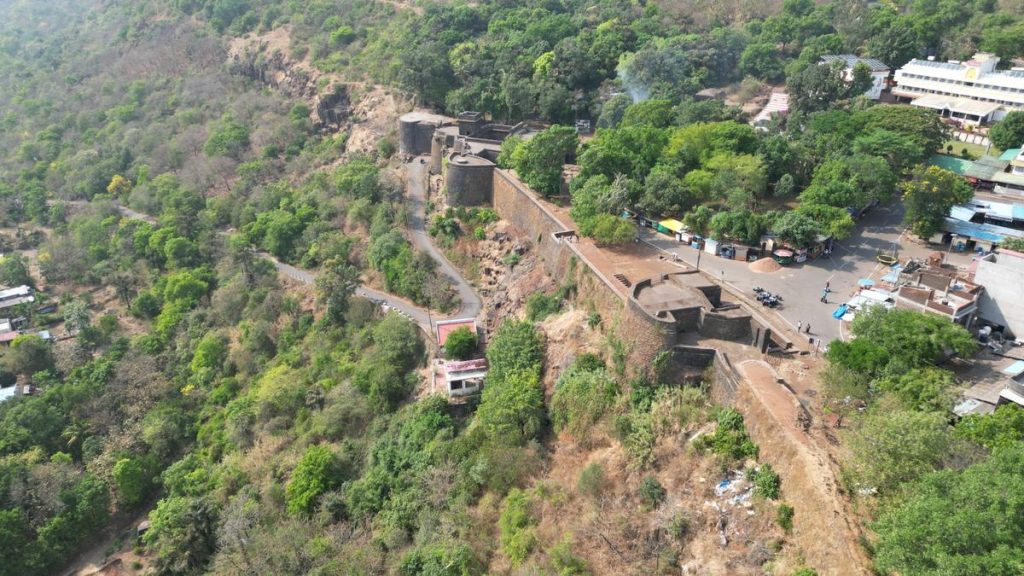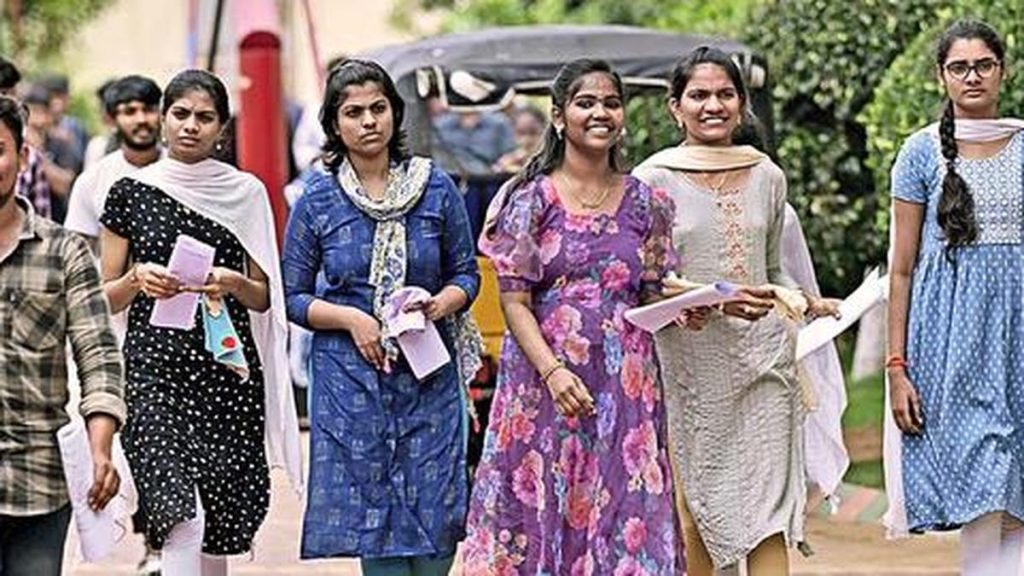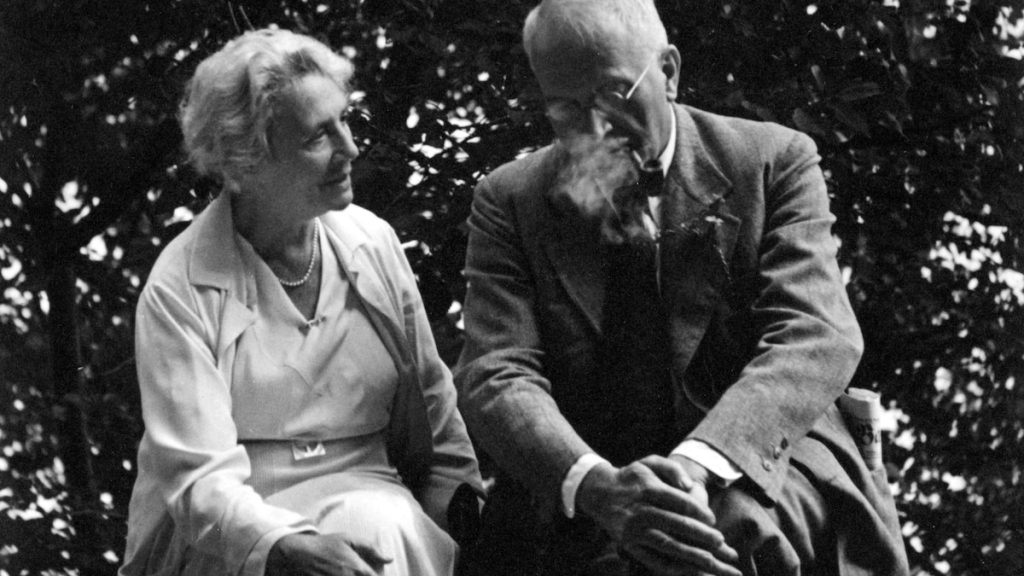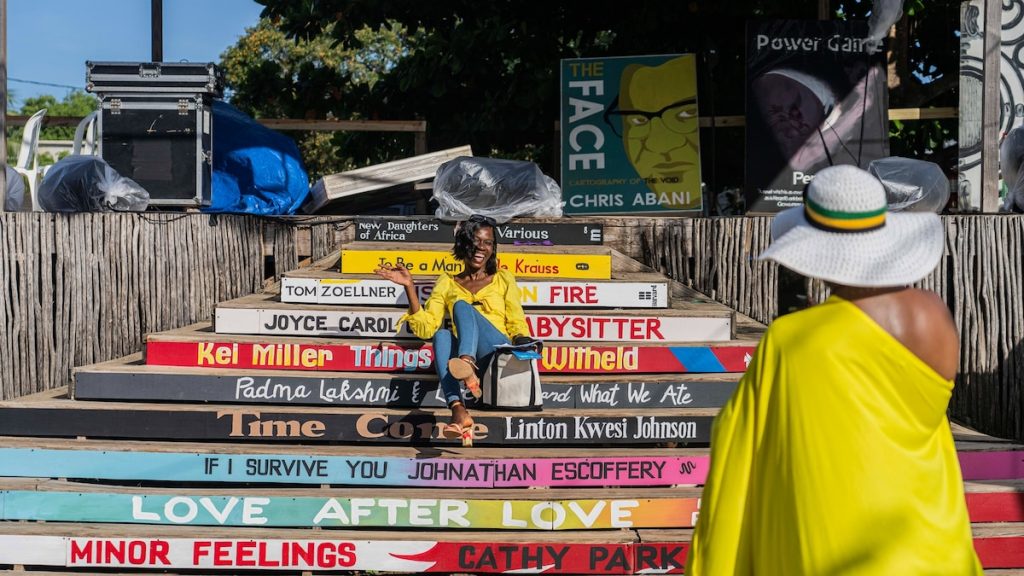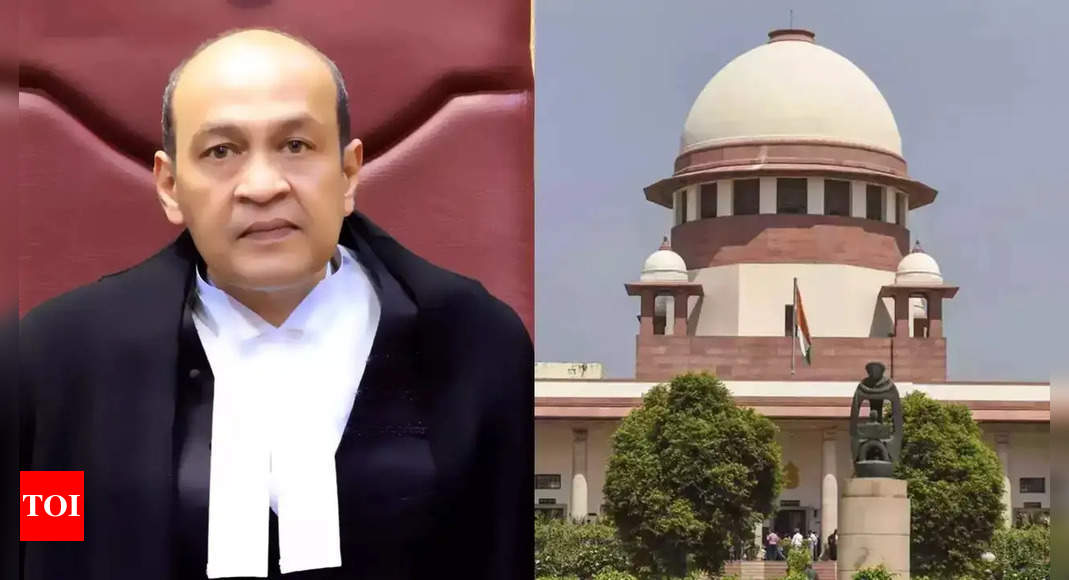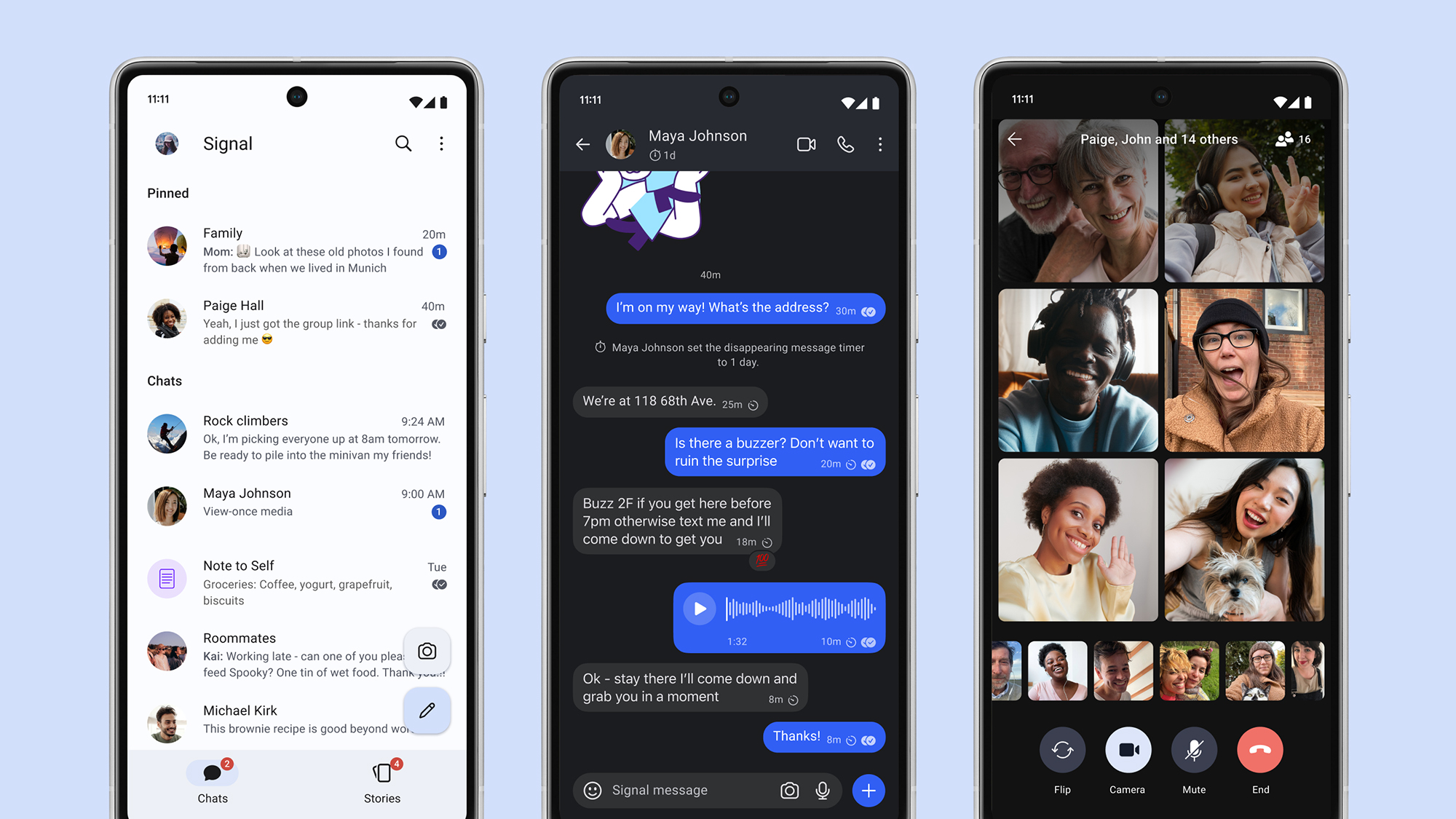Now Reading: Pacific Nation Faces Backlash Over Facebook Ban: Government Defends Move
-
01
Pacific Nation Faces Backlash Over Facebook Ban: Government Defends Move
Pacific Nation Faces Backlash Over Facebook Ban: Government Defends Move
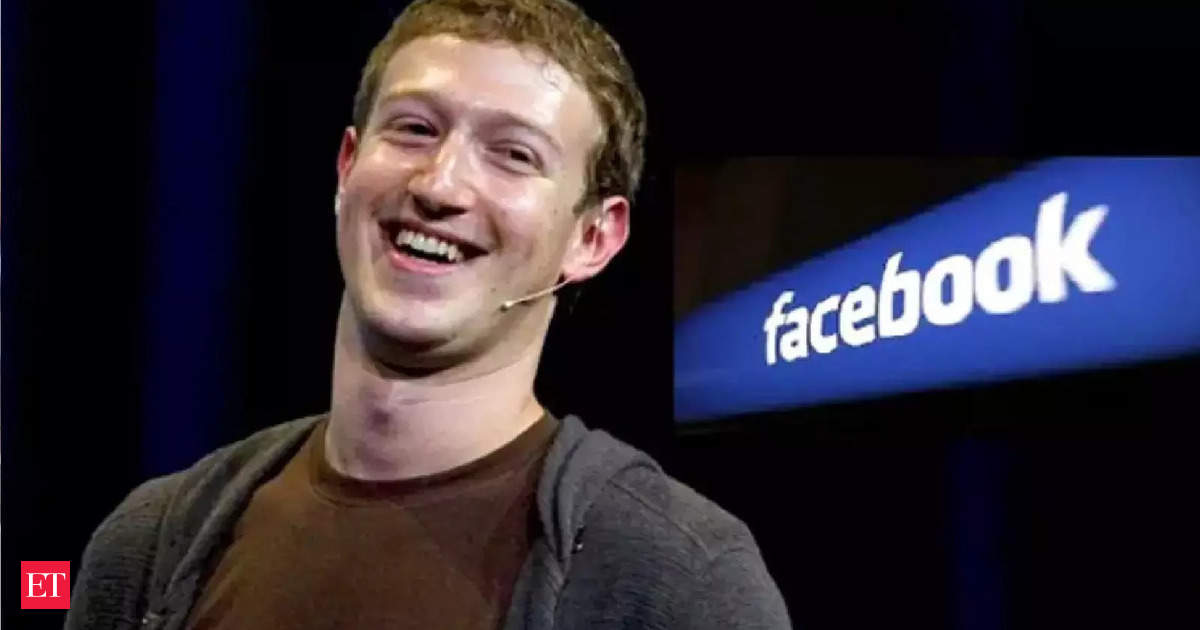
Fast Summary
- Papua New Guinea (PNG) has temporarily blocked facebook, citing it as a “test” to curb hate speech, misinformation, and explicit content.
- The ban affects 1.3 million users-half of PNG’s internet population-and uses anti-terrorism laws for enforcement.
- Police Minister Peter Tsiamalili defended the move to ensure “responsible usage” of social media,while critics view it as authoritarian suppression of free speech.
- Opposition MP Allan Bird described the action as “draconian,” while Media Council president Neville Choi stressed Facebook’s importance for public debate.
- Small businesses relying on Facebook for sales have been severely disrupted; thousands face economic uncertainty according to Small and Medium Enterprise Corporation head John Pora.
- PNG’s National ICT Authority said it was unaware of the shutdown plan,hinting at miscommunication among agencies involved in its implementation.
Indian Opinion Analysis
Papua New Guinea’s decision highlights tensions between regulating online platforms and safeguarding free speech-a dilemma relevant globally, including in india where digital regulation ofen sparks controversy. For India, which has a vast informal economy powered by platforms like WhatsApp and Instagram, this exmaple demonstrates potential economic risks when access to digital tools is curtailed abruptly.
Governance issues surrounding interagency coordination also underline challenges in implementing large-scale regulatory actions without clarity or consensus-a lesson applicable across democracies managing complex digital ecosystems.
India can draw meaningful observations from this case about balancing effective regulation with upholding democratic freedoms that rely increasingly on social media for dialogue and commerce.


